Passover is a ritualized holiday with a set script from which we rarely deviate. So you may ask: Why is this year’s Passover Seder different from other years? As you may know, this year, the first night of Passover falls on Earth Day.
Compared to when I was in school, Earth Day has become quite the celebration. While I like to think that I’m constantly teaching my kids about the importance of being good environmental stewards, Earth Day certainly provides a convenient opportunity to reinforce this important lesson. It is now common for schools to use this day (or week) to teach about recycling, eating a more vegetarian-based diet, and reducing consumption. At home, we make a point to talk with our kids about the serious environmental issues that are changing the world, as we know it, and how we are working to address these concerns. And, in our community, we sometimes participate in town-sponsored events such as planting trees or picking up trash.
As it is for many, Passover is a special holiday for my family. My dad, in particular, loved leading Seder. He would assign reading roles to people, with the goal of matching personal interests to meaningful passages. He would cut articles out of the paper to bring a current issue of social injustice to the table for discussion. My grandfather would cry as he recalled the decimation of Jews during the Holocaust and how this experience requires us to ensure that we work to alleviate social injustice and persecution around the world. And, since marrying my husband, we have added to our Seder his own family heritage of persecution and migration when his ancestors were forced to walk the Trail of Tears. So, while Passover is in some ways a static holiday with a set script and well-known tunes, it is also fluid, adjusting to current events and taking into account participants’ personal experiences.
This year, I will be celebrating Passover in western Massachusetts with my aunt, uncle, and cousins. I’m intrigued to see how my uncle folds Earth Day into the Seder. For those who don’t know, my uncle, Rabbi Everett Gendler, is a master of liturgical renewal. He brilliantly brings new depth of meaning to traditional rituals. For example, I spent Thanksgiving with the Gendlers in 2014. He used this gathering to consecrate his newly installed solar panels. In celebration of our bounty of food and another successful harvest, we acknowledged the sun’s bountiful energy, which not only helped grow their food but now also heats and lights their home and contributes energy back into the grid. He explained the etymology and biblical significance of the word amber, reminded us about the scientists who discovered how to generate electricity, and led us as we sang along with musicians who rejoice in the sun’s magnificent power. Anyone who knows my uncle will not be surprised to learn that we concluded our service by singing the Beatles’ “Here Comes the Sun.”
So, what will this year’s Seder bring? I imagine that in addition to discussing the current world political state and the too many people who face injustice, we will also talk about the Earth. Perhaps he’ll fold it into the Seder as we address the ten plagues. Maybe, we should add a few more plagues this year. Surely, we humans have brought some plagues upon ourselves through environmental neglect and abuse. And, per usual, I imagine our Seder will conclude by gazing at the moon.
However you celebrate this weekend, I wish you a joyous, innovative, and meaningful Passover. Happy Pesach.
-Emily Loeb
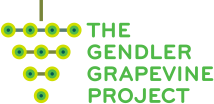
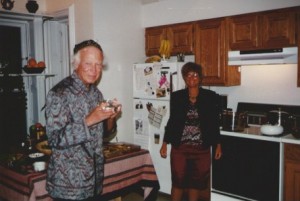
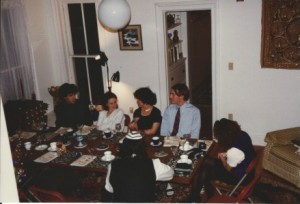
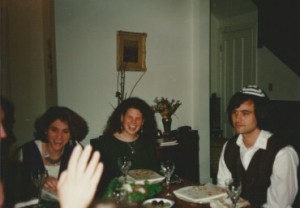
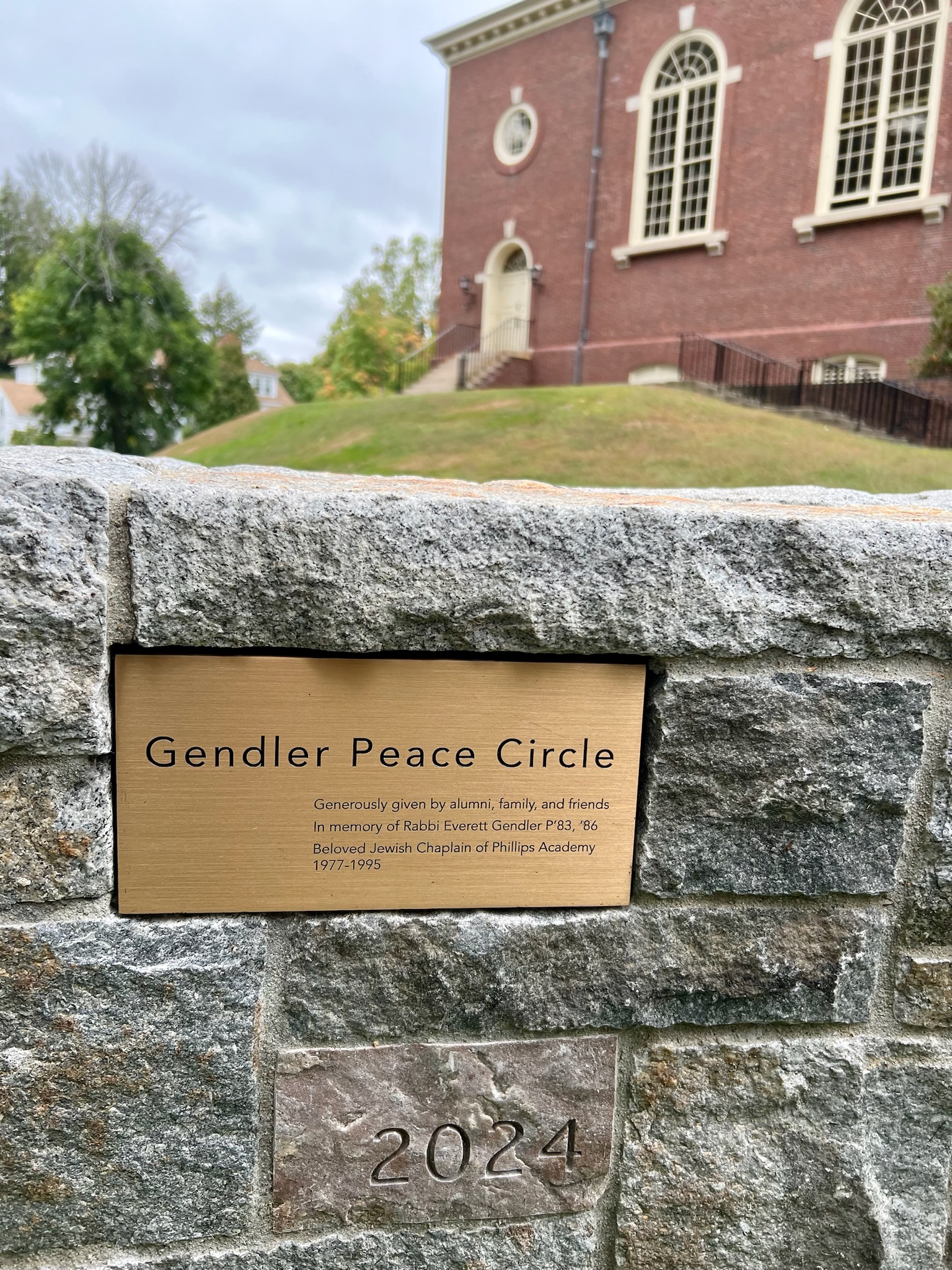
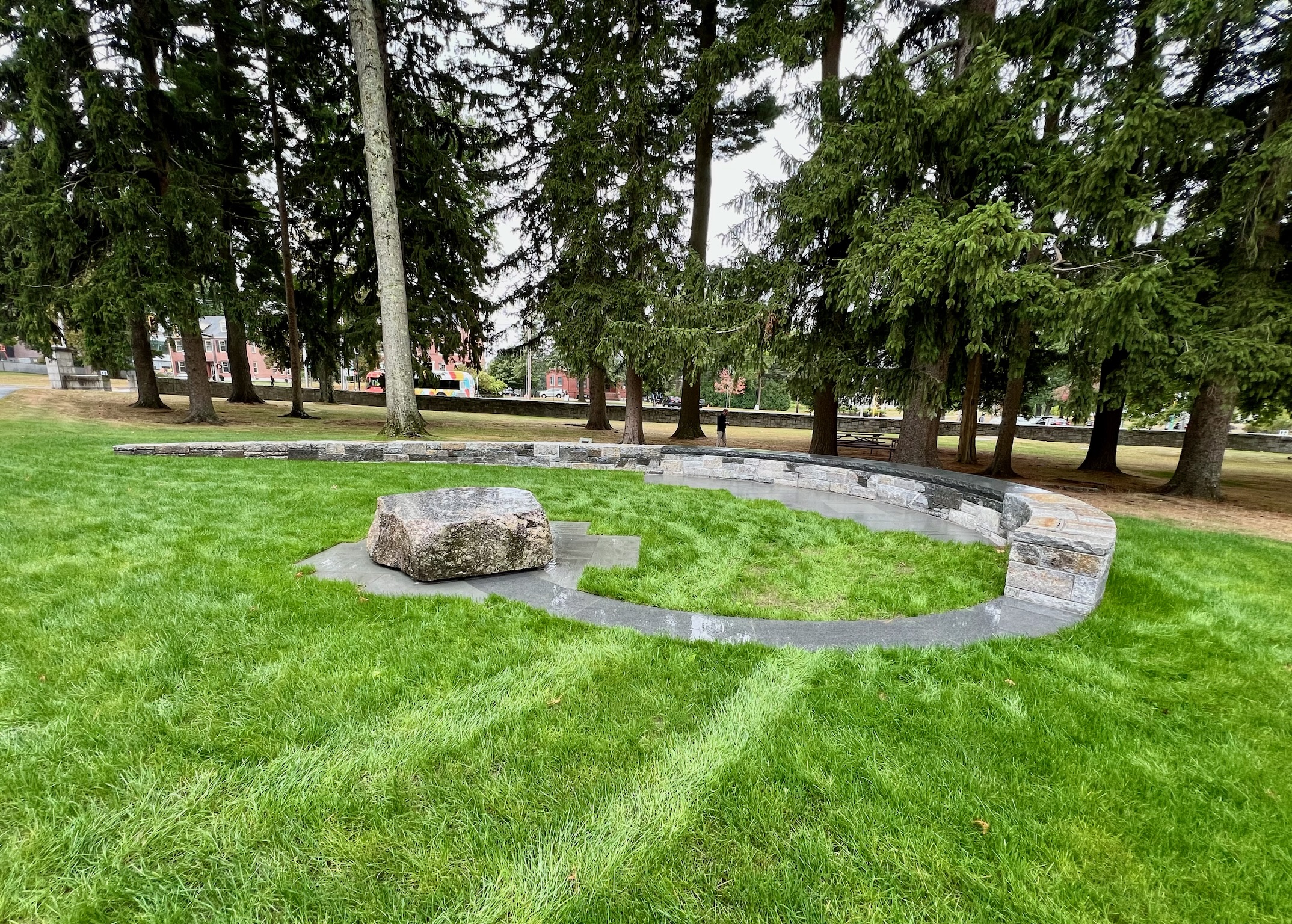
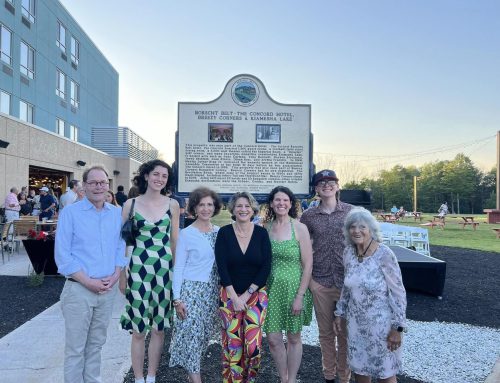
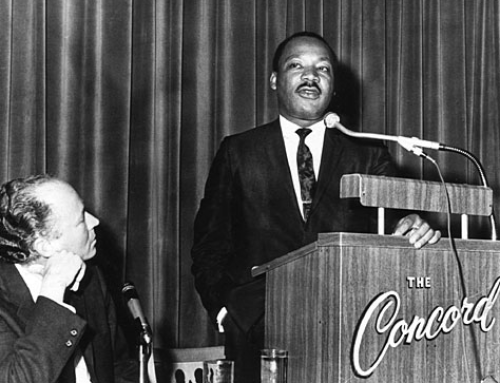
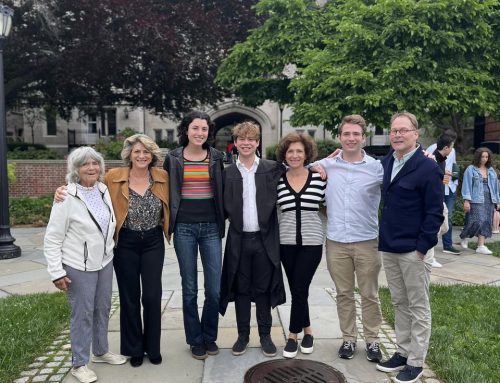
Was trying to find an interesting and stimulating concept for Our Seder. Thanks for inspiring me and remember being me of cherished memories.